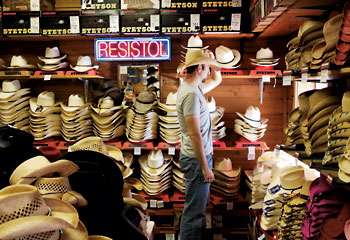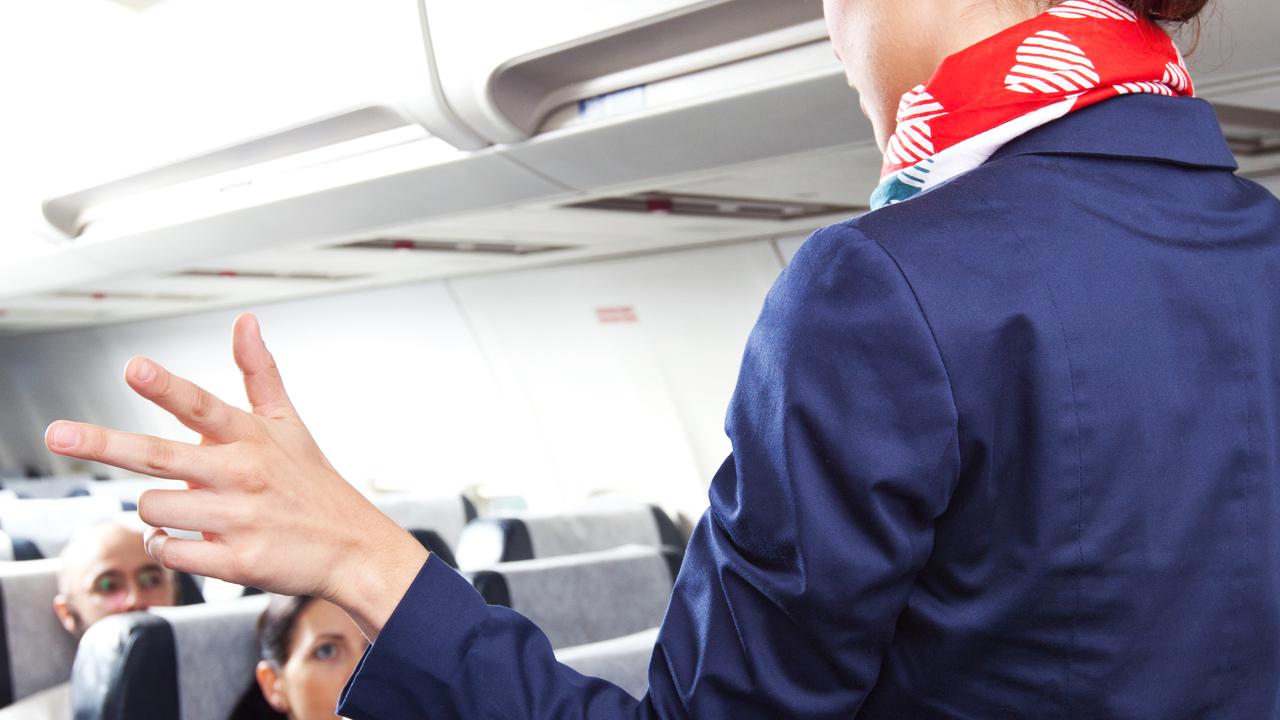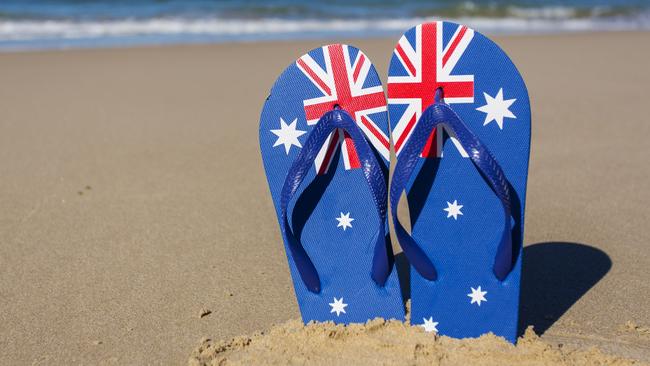Austin - a capital spot to rock
THE Texas capital Austin is proud to be a sleepy little drinking town with a live music problem, reports Lawrie Masterson.

MOVIE star Matthew McConaughey says: "Austin is a very progressive city that's on the front edge of where things are going.
"It has a great mix of the University of Texas – these kids with ideals and questions that buck the status quo – right next to the State Capitol.
"There's great push-pull there, a real dance between the youth and the establishment."
McConaughey, an alumnus of the university, which has named a graduate student lounge in his honour, lives in Austin part-time and can check off a list of what keeps him returning to the city of about 660,000.
"It's an outdoorsy town," he says in his easy Texas drawl.
"There are a lot of great rivers, a lot of great parks, a lot of great things to do outside.
"I like the weather, the food and the music."
Austin bills itself as 'the live music capital of the world', a claim it backs up with more than 150 venues for all genres of music, predominantly blues and 'western swing', the blend of country and swing popularised as far back as the 1930s by band leader Bob Wills.
At McCarran Airport in Las Vegas you find slot machines. At Bergstrom Airport in Austin you get live music, funded by the city.
Austin is also thriving as a film and TV production centre, has its own professional ballet, symphony, opera and theatre companies, more than 20 museums and dozens of galleries. The South by Southwest Music, Film and Multimedia Conference and Festival is assuming increasing significance and brings in thousands of industry professionals and fans each March.
While it is dwarfed in population by Houston (more than 2 million), Dallas (1.2m) and San Antonio (1.1m), Austin is the seat of power in America's second largest state, behind Alaska. Dell, IBM and Motorola are among its biggest employers, meaning it also is a hi-tech leader.
But Austin's biggest attraction is its eclecticism.
It has everything from wild blues in some of the bars to wild bluebonnets swaying in the breeze on the shores of the many lakes within an easy drive from Downtown. There is a library commemorating the 36th President of the United States, Lyndon Baines Johnson (1908-73), and a statue commemorating the gifted blues guitarist Stevie Ray Vaughan (1954-90).
You may not see a powerful politician or a penniless pedal steel player rubbing shoulders, but you might pass both on the same city block, probably along Sixth Street, the hub of the music scene with its wall-to-wall bars and guitars.
But it is around the corner on Fifth that you will find one of Austin's most famous live music venues – Antone's – which is basically only one stage and two bars.
Stevie Ray Vaughan played some famous shows at this 600-capacity venue and the rhythm section from his band Double Trouble, Chris Layton (drums) and Tommy Shannon (bass), still appear there regularly with guests sitting in.
On a recent Saturday night I saw three bands, including Austin's latest blues prodigy, 22-year-old Gary Clark Jr, on stage at Antone's for a cover charge of about $10 with beer going for $5.40 a stubbie.
No wonder they call Austin "a sleepy little drinking town with a live music problem".
For a change of pace, The Broken Spoke on South Lamar Street is a traditional country dancehall featuring acts of the calibre of Asleep at the Wheel and Jerry Jeff Walker. Occasionally one of Austin's most famous residents, Willie Nelson, drops in, if not to play then for the house special – a chicken fried steak.
Before sundown, Austin also offers plenty. There are free tours of the State Capitol, with its towering rotunda and grounds still beautiful despite a current drought. The building was completed in 1888 and, this being Texas, is bigger than the National Capitol in Washington DC.
The State Governor's mansion, once home to President George W. Bush, is also is open to the public on certain days. Zilker Park is a vast open area in which attractions include the Barton Springs Pool, where four natural springs keep the water temperature constant all year round.
And the Treaty Oak, a 500-year-old tree on Baylor Street between Fifth and Sixth, is where 'the father of Texas' Stephen F. Austin – after whom the city is named – negotiated treaties with the Indians.
Right on dusk between April and October, North America's largest bat colony, an estimated 1.5 million Mexican free-tailed bats, takes flight from its roost under the Congress Avenue Bridge, where the Austin's major north-south thoroughfare crosses the Colorado River.
Accommodation in Austin is as varied, or perhaps eccentric, as the city itself, from the family-owned Austin Motel in South Congress, just south of the Colorado, which bills itself as 'so close yet so far out', to the landmark Driskill Hotel, on Brazos Street at Sixth, in the heart of Downtown.
Built by the cattle baron Colonel Jesse Lincoln Driskill and opened in 1886, the Driskill hosted its first inaugural ball for a Texas Governor only two weeks later and, apart from first class accommodation, these days it also boasts Austin's No. 1 ranked establishment for fine dining, The Driskill Grill.
And the cornbread jalapeno scones with chorizo gravy from the Driskill's more casual 1886 Bakery are simply not to be missed.
A T-shirt you can buy just about anywhere in town proclaims a favourite local sentiment: 'Keep Austin Weird'.
May she long stay that way.
Sunday Herald Sun



